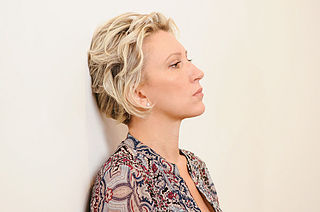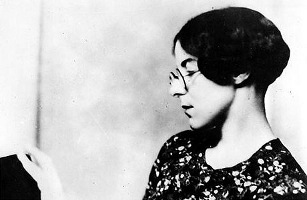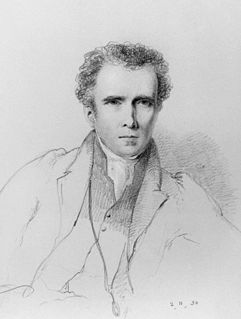A Quote by Elizabeth Jane Howard
I'm not particularly keen on pity. Pity takes something away from grief. People think they're sharing it, but really they're just taking some. I prefer to keep my grief intact.
Related Quotes
I think everyone understands grief, the journey it takes us on, whether it's the death of a loved one, the end of a relationship, a disappointment. Some people don't deal with it, the power of it. Some do. Some feel the weight of it and it informs their choices. I've had to open up to grief in different contexts.
Pity is for this life, pity is the worm inside the meat, pity is the meat, pity is the shaking pencil, pity is the shaking voice-- not enough money, not enough love--pity for all of us--it is our grace, walking down the ramp or on the moving sidewalk, sitting in a chair, reading the paper, pity, turning a leaf to the light, arranging a thorn.
There are some women in whom conscience is so strongly developed that it leaves little room for anything else. Love is scarcely felt before duty rushes to encase it, anger impossible because one must always be calm and see both sides, pity evaporates in expedients, even grief is felt as a sort of bruised sense of injury, a resentment that one should have grief forced upon one when one has always acted for the best.
Self-pity, a dominant characteristic of sociopaths, is also the characteristic that differentiates heroic storytelling from psychological rumination. When you talk about your experiences to shed light, you may feel wrenching pain, grief, anger, or shame. Your audience may pity you, but not because you want them to.
What a pity that Bilbo did not stab that vile creature, when he had a chance!' Pity? It was Pity that stayed his hand. Pity, and Mercy: not to strike without need. And he has been well rewarded, Frodo. Be sure that he took so little hurt from the evil, and escaped in the end, because he began his ownership of the Ring so. With Pity.
Self-pity is the bestiality of emotions: it absolutely disgusts people. When you're feeling pity for yourself, and somebody says to you 'You think maybe it's time for the pity party to be over? You should stop feeling sorry for yourself and try to think positive,' it makes you wish you could saw their head off.
Grief is real because loss is real. Each grief has its own imprint, as distinctive and as unique as the person we lost. The pain of loss is so intense, so heartbreaking, because in loving we deeply connect with another human being, and grief is the reflection of the connection that has been lost. We think we want to avoid the grief, but really it is the pain of the loss we want to avoid. Grief is the healing process that ultimately brings us comfort in our pain.





































